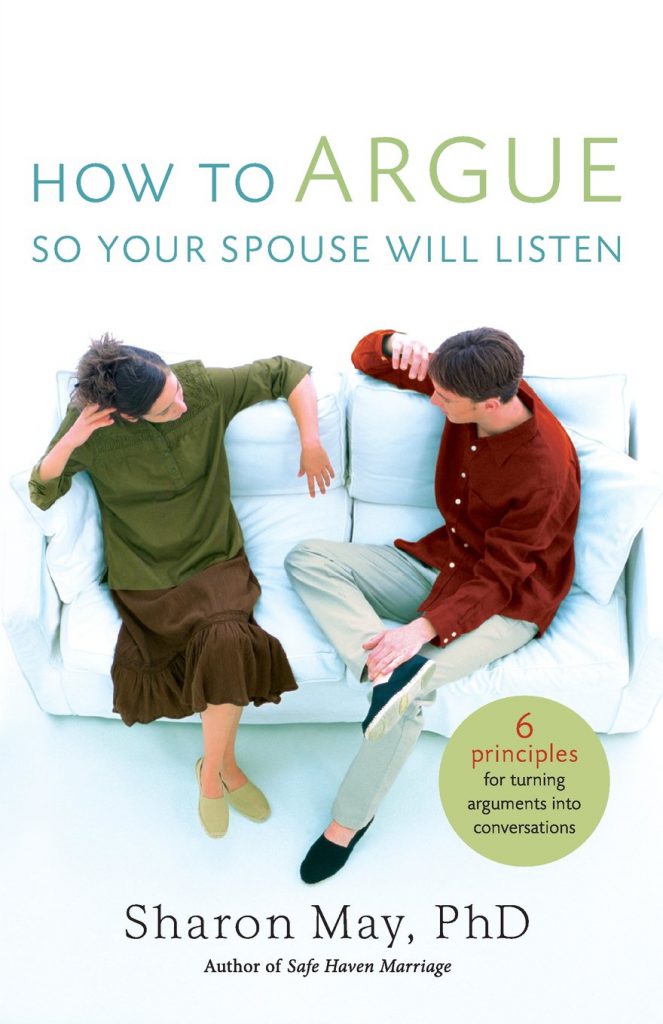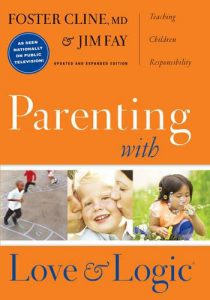How To Argue So Your Spouse Will Listen: 6 Principles for Turning Arguments into Conversations

How To Argue So Your Spouse Will Listen: 6 Principles for Turning Arguments into Conversations
by Sharon Hart Morris
Reviewed by The Summit Staff
What makes a good marriage last? According to the best evidence provided by thousands of studies and experimental research (most prominent that of Dr. John Gottman), marriages where the spouses provide a safe haven for each other and a secure base from which to face the world together provide the best chances of success. A key skill that all good partners acquire is that of arguing in a fair manner, which respects the other’s point of view (without necessarily agreeing with it), seeks to understand the reasons underneath each respective position, and negotiates a fair compromise.
If you are a couple, you most likely have arguments. Big or small, they can ruin a day and, even worse, a relationship. Dr. Sharon Morris May says, “It’s not how similar you are or even your level of conflict that determines your marital success but how you deal with your emotions, vulnerabilities, and dragons when you argue.” In her book, How To Argue So Your Spouse Will Listen: 6 Principles for Turning Arguments into Conversations, Dr. Morris May presents conflict through the lens of attachment theory, helping couples understand why they argue, how they argue, and how to unravel arguments. The book also helps spouses identify what’s really going on in their brains and in their bodies when they argue, the cycle they get stuck in, the emotions fueling the cycle, and what can help them argue in more considerate and connecting ways.
How To Argue So Your Spouse Will Listen by Sharon (Hart) Morris May Ph.D. published by Thomas Nelson offers six practical principles that can help turn arguments into real conversations: Establish a Safe Haven, Comfort Each Other’s Dragons, Get Inside Each Other’s Emotions, Learn How to Complain, Learn How to Apologize, and Bookend It With Good Times.
Learning how to argue so your spouse will listen and in ways which will not lead to irreparable breaches is a fundamental skill that perhaps you did not learn in your prior relationships or from our own parents. The good news is that it is a skill that can be learned at any age and virtually at any point of your marriage: this book can teach you how.
The purchase of this recommended book using the link above will contribute to the funding of The Summit Society and benefits our ministry of care for those in need.



